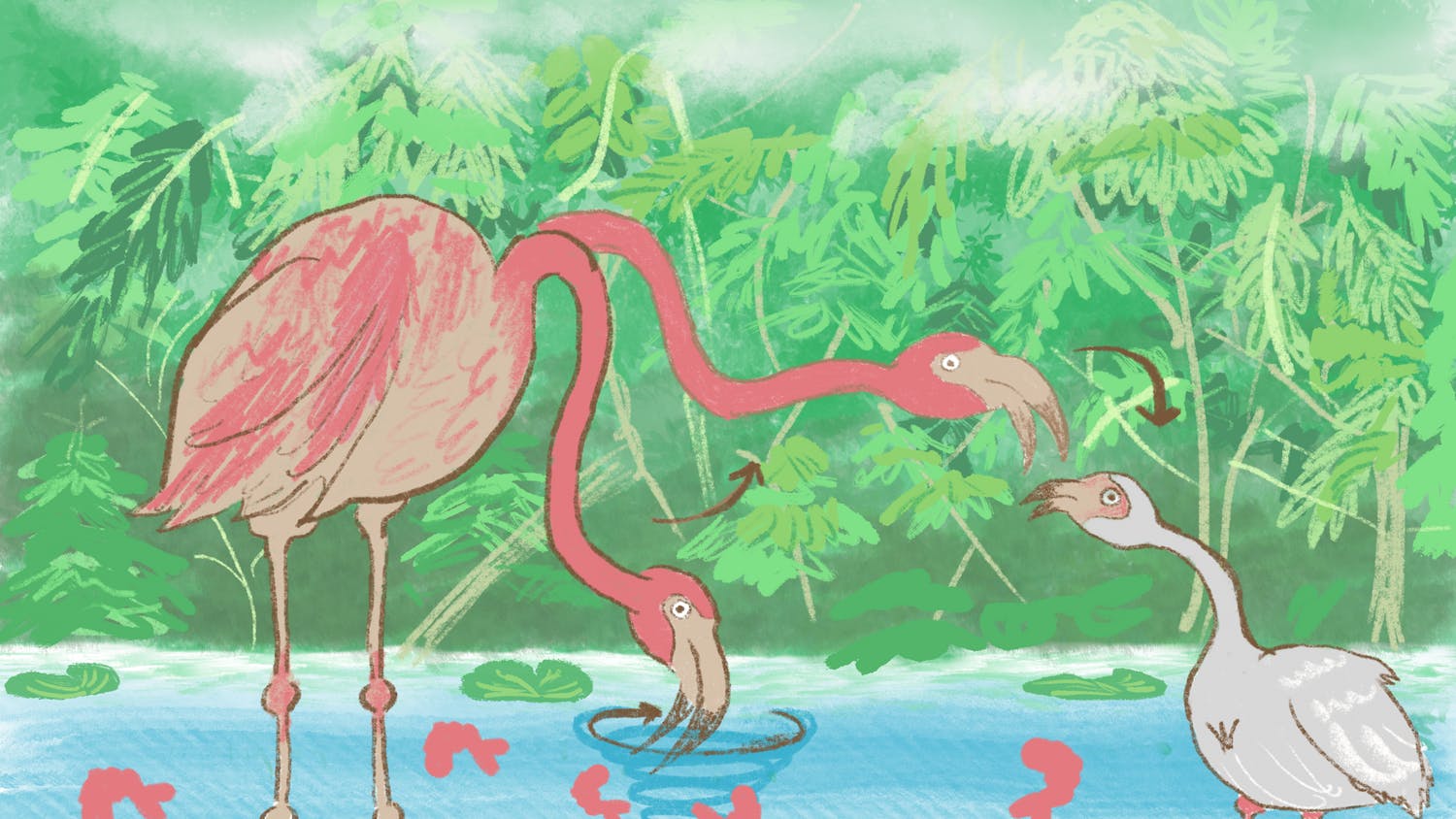At Madison Juvenile Correctional Facility, incarcerated young girls are finding HOPE.
And we, the Editorial Board, believe programs like these are needed across the country for all troubled kids.
HOPE, or Helping Offenders Prosper in Employment, is a program backed by IU professor Theresa Ochoa and Program Coordinator Sarah Swank. Undergraduate mentors serve as guides for girls to help them find employment, finish school and hopefully stay out of the system.
“Our basic goal is to go meet with these kids to ultimately avoid recidivism and going back to jail,” Swank said.
The mentors meet with the girls in the correctional facility each week and help them set goals, assess their skills and interests, find employment and then build a plan to reach those goals. The girls are serving time for a combination of status offenses from battery or murder charges to running away from home, according to Ochoa.
Designed to be multidisciplinary, the program began in 2011 to examine the risks of recidivism of incarcerated youths in Indiana and how to prevent it.
The mentors act as a support system and, without HOPE, the risk of recidivism truly cannot dream to be reduced, and the vicious cycle would continue. A 2005 study conducted by the Bureau of Justice Statistics found that about two-thirds of released prisoners were rearrested within three years of release. It’s systems like HOPE that fight the vicious cycle of the prison industrial complex, and we, the Editorial Board, believe it’s a cause worth backing.
“These are invisible kids,” Ochoa said. “They don’t necessarily interact with all sectors of society, but our goal by recruiting mentors from multiple disciplines is that they’re actually going to have that connection.”
In the beginning sessions, a mentor works with their mentee to set up their plans for the rest of the year and continue to work with them after they are released.
“We are looking to make sure that we are the bridge-makers to other jobs and to the community,” Ochoa said.
Swank recalled an instance in which she was helping a boy fill out a job application, but he struggled with filling out basic personal information.
The boy had two last names and was unsure which one to use. He did not know where he was going back to live once he was released, his own phone number, his email or where he would go to school.
“You get a sense that the family is not particularly involved,” Swank said.
Without his mentor, this issue might never have been addressed until he was released and on his own with no support system.
Mentoring is voluntary and requires several training sessions and a lot of passion. They say the experience is like no other.
IU senior and HOPE mentor Jesse Cooperman said he wants to be a positive role model for kids who are not as lucky as him.
“These girls need someone who they can trust and use as an ally when they get released so they can put their foot in the ground and not go back to prison,” he said. “That’s what I want to be for them.”
The mentors are the key people who provide hope to these kids who have lost it, Ochoa said. And their excitement is palpable.
Students from any disciplinary are encouraged to become involved, and those interested should contact Sarah Swank at sdswank@indiana.edu for further information.
Despite past mistakes, these kids have a better chance at starting over, thanks to HOPE.




